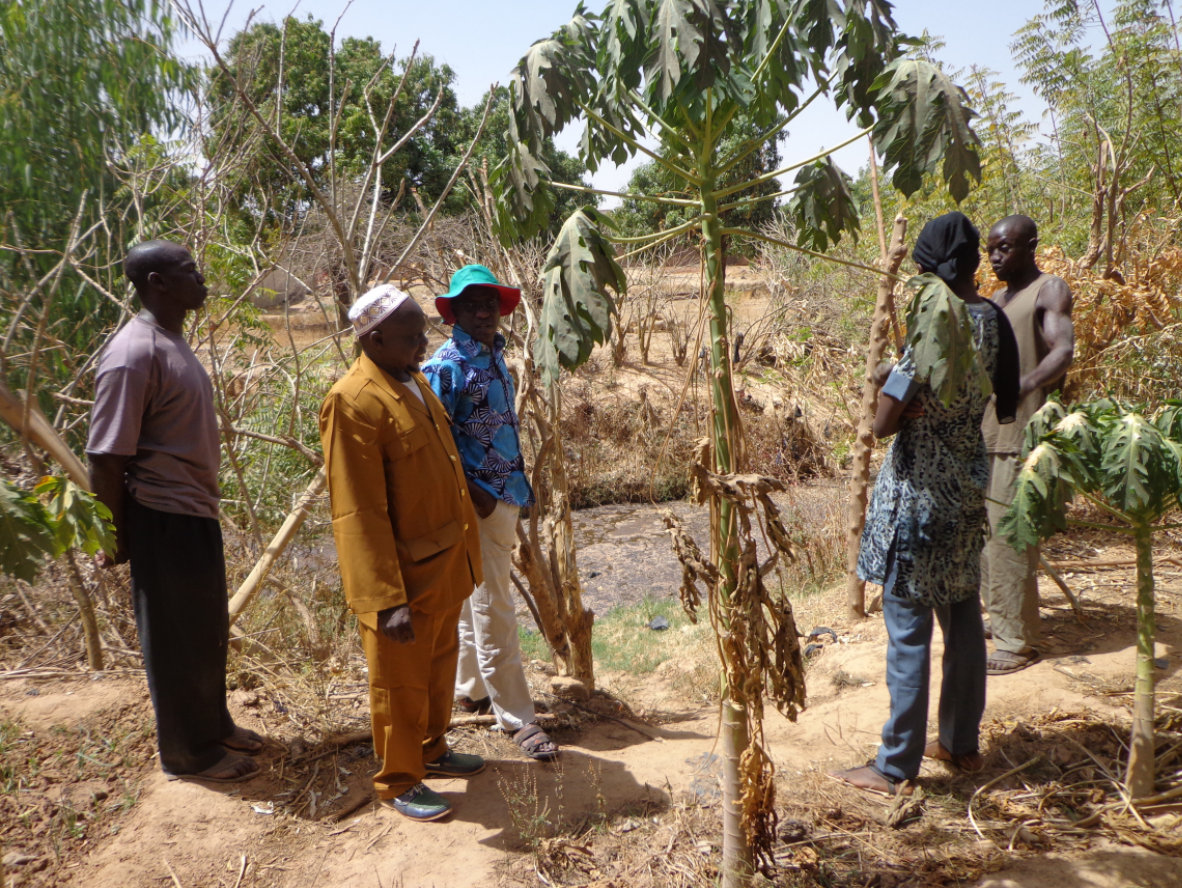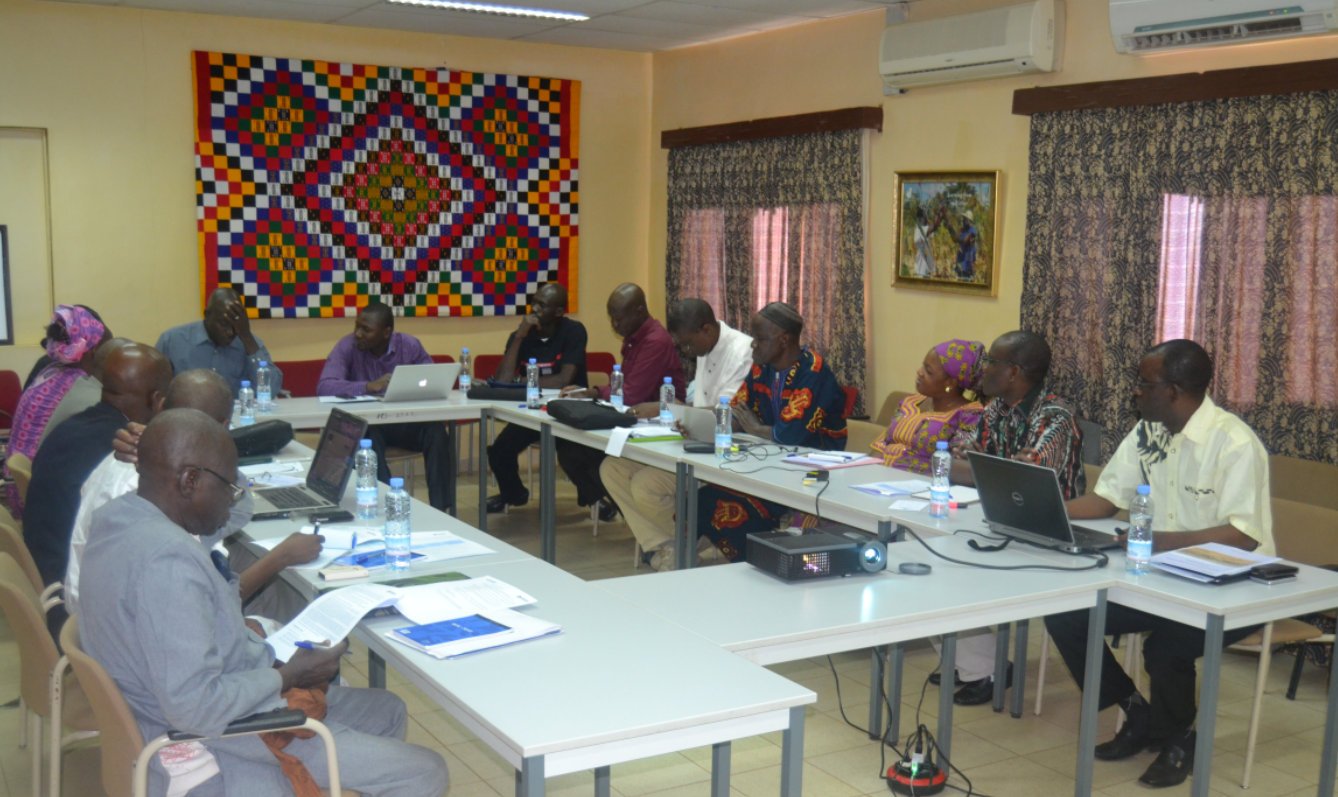ASSAR in Mali
ASSAR consults stakeholders on climate change adaptation in Mali
Written by Amadou Sidibé, Edmond Totin, Pierre Sibiry Traoré and Jon Padgham
In the frame of the regional diagnostic study (RDS), Mali’s ASSAR team conducted interviews at both local and national scales. At a local level, the group discussions and key informant interviews were carried out with multiple groups of stakeholders including representatives of farmers’ organizations, extension staff, NGOs, women’s cooperatives, village authorities and traditional leaders. Through these interviews the ASSAR team wanted to establish how people understand and respond to climate change challenges, and to explore the extent to which information from the national level was feeding into actions on the ground. A local scale meeting was organised in Koutiala district. It was followed by a national meeting with policy and decision makers in Bamako to cross-check the local insights and to come up with additional insights on issues left uncovered at the Koutiala meetings.
On one hand, the objective of the multi-scale meetings was to further define the important local and national adaptation- and climate-related issues that were identified during the RDS literature review. On the other hand, it was intended to elaborate on issues that could feed into the regional research program and provide an entry point for this next phase of the project.
Though the awareness of climate change manifestations and the needs for adaptation to reduce vulnerability are constant across scales, the planning and the implementation of adaptation responses are still fragmented and plagued with information asymmetries between local and national levels.
At local scales:

The major issue voiced during the focus group discussions and key informant interviews was related to the communication gap between local and national levels. Although farmers and community leaders often convene for workshops and national events on climate change, the lack of feedback mechanisms limits the widespread information sharing within the communities at large. This leaves the community uninformed about the details of the national planning or implementation of climate change responses, and with the impression that their challenges are not the main drivers of climate change policy. This impression is exacerbated both by the high levels of illiteracy (about 69%) and the fact that national policy documents are not translated into local languages. This reinforces the disconnect between climate change policy at the national level and relevant information available at the district level. For example, at the district level, because of the lack of information dissemination, the implementing officers are not aware of the contents of the national policy, as the following quote illustrates:
“I watched on the TV that the national climate change policy document was launched, but so far, as a member of an NGO working in climate change issues, I was not invited to be part of the policy process”.
In general, although a national climate change policy exists at the national level, not all the stakeholders are of its contents. The flow of information between scales is still a major barrier that hinders the effective implementation of the climate change policy in Mali.
At national scale:

The national expert meeting confirms the communication gap between scales. The national “experts” claim that they always communicate with the local level by sharing the activity reports with the local stakeholders. According to the national actors, “people at the local scale are supposed to decode the content of the reports”. Again, with the high illiteracy rate, the sharing of reports may not be an effective way of information local people about what is going on at the national level.
According to the national actors, consultation with all stakeholders happens at all stages of climate change policy design. They argue that the main barriers affecting the effective implementation of policy relate to the lack of financial resources.
“Accessing donor resources from the district is extremely difficult. It is not so much the geographical distance but the difficulty in identifying willing donors and convincing them that even though they have provided resources at the national level, they still need to come into the districts to support particular development actions.”
How to bridge this gap between scales is certainly one of the key issues of interest to take into consideration in the coming regional research program in West Africa.